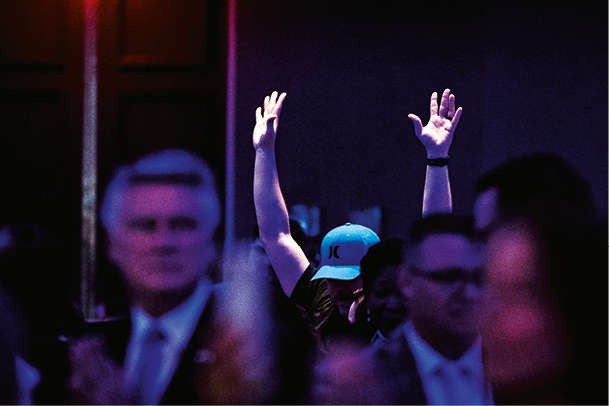Soul Search: Why Americans Are Still Seeking Meaning Beyond Traditional Belief

Every Sunday, I would rise and make my way to the pulpit, my long skirt swaying with each step. Standing before my Mormon congregation, I would confidently declare my unwavering belief, smoothing my outfit as I prepared to share my heartfelt testimony.
With a warm smile, I would grip the edges of the podium, looking out over the familiar faces of my community. The words would flow from my lips, a passionate proclamation of faith that resonated through the chapel. Each testimony was a deeply personal moment of spiritual connection, a public declaration of my innermost convictions.
In those moments, I believed with absolute certainty. The words "I know this church is true" were not just a phrase, but a profound statement of my spiritual journey. My voice would carry the weight of my conviction, echoing the teachings and beliefs that had shaped my entire worldview.
Those Sunday mornings were more than just a religious ritual; they were a powerful expression of identity, community, and personal truth. Standing before my congregation, I felt a sense of belonging and purpose that seemed unshakeable.
